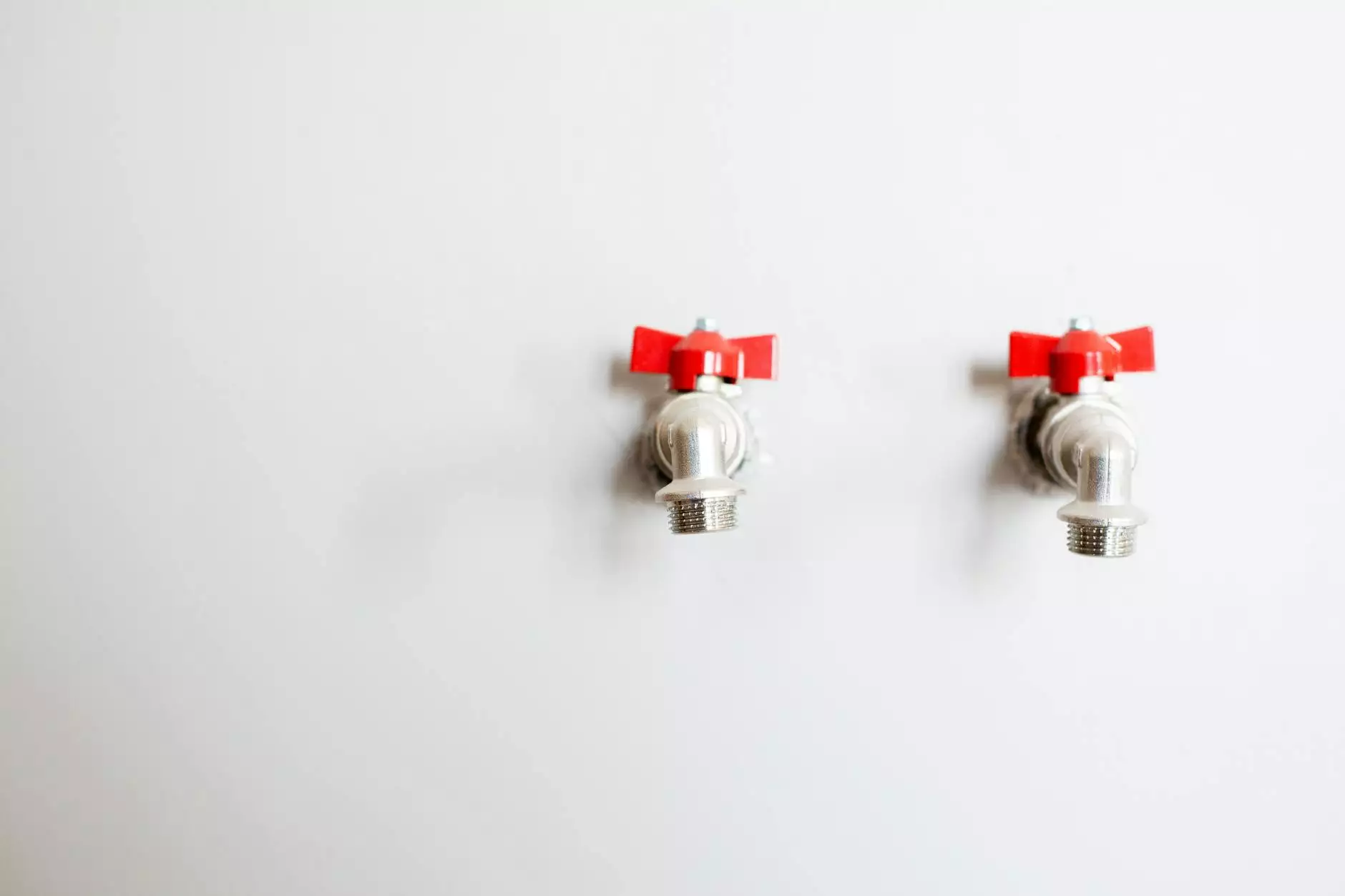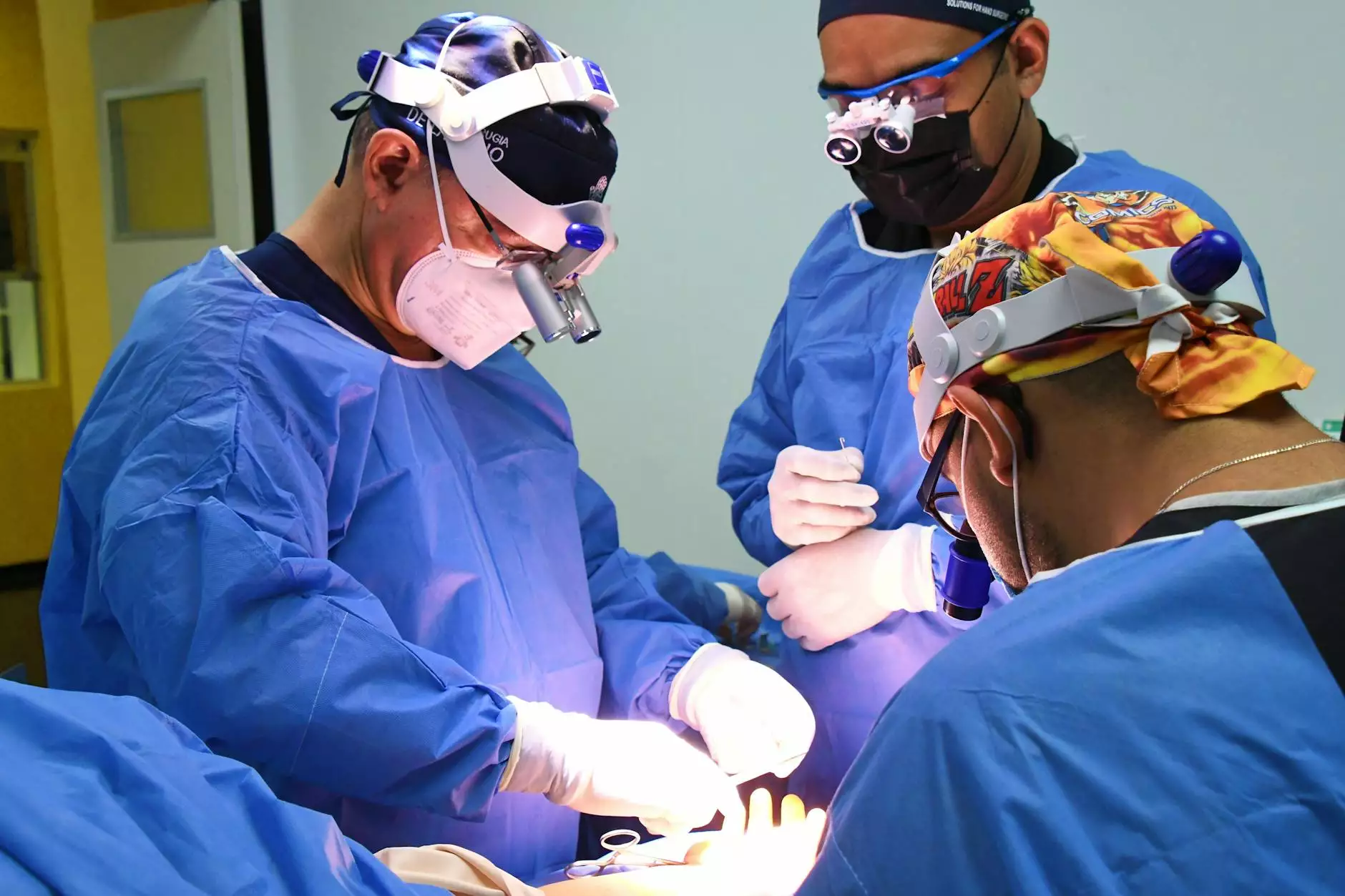Equine Pharmacy: Essential Injections for Optimal Health

The equine industry is a vibrant and demanding field, where the health of horses is paramount. As equestrians and veterinarians alike know, maintaining a horse's health requires thorough understanding of various medications and treatments available through an effective Equine Pharmacy. Among the most critical components of veterinary care are injections that deliver medication directly into the horse's system for rapid effectiveness. This article will explore the importance of these injections and provide insights into various types offered in the equine pharmacy.
The Role of Injections in Equine Health
Injections are vital for several reasons:
- Rapid Delivery: Injections provide immediate access to the bloodstream, ensuring that medications take effect quickly.
- Precise Dosage: Vets can control the exact amount of medication delivered, minimizing the risk of underdosing or overdosing.
- Specific Targeting: Certain injections can be directed towards specific tissues or areas in the body, enhancing treatment efficacy.
Types of Injections Commonly Used in Equine Medicine
Equine injections can be broadly categorized into several types, each serving a unique purpose. Understanding these types helps horse owners and caretakers make informed decisions about their equine partner's health.
1. Intramuscular (IM) Injections
Intramuscular injections are among the most commonly used methods in equine medicine. These injections are given into the muscle mass, allowing for relatively fast absorption of the medication. Common sites for IM injections include:
- Lateral Neck Area
- Gluteal Muscles
- Hamstrings
IM injections are frequently used for vaccines, analgesics, and antibiotic treatments.
2. Subcutaneous (SQ) Injections
Subcutaneous injections are administered just beneath the skin. This method is often used for vaccinations, as it allows for a slower absorption rate, which can be beneficial in some cases. The preferred areas for SQ injections in horses include the neck, shoulder, and thigh region.
3. Intravenous (IV) Injections
Intravenous injections provide the fastest route of medication delivery. Administered directly into the bloodstream, IV injections are often utilized for emergency situations where immediate response is necessary. This method is critical for delivering potent medications and fluids during crises.
4. Intra-articular Injections
Intra-articular injections are specialized treatments designed to deliver medications directly into a joint space. This approach is often used for anti-inflammatory drugs and joint lubricants in cases of arthritis or joint injury. Proper technique and sterile conditions are crucial for this type of injection to avoid complications.
Benefits of Using Injections in Equine Healthcare
The advantages of injections in ensuring the health and performance of horses are significant:
- Improved Efficacy: Direct delivery ensures that the medication reaches systemic circulation quickly.
- Controlled Absorption: Injections can facilitate the sustained release of medication, thereby controlling symptoms effectively.
- Precise Treatment: Targeting specific problems allows for customized wellness strategies.
Best Practices for Administering Injections
Administering injections in horses requires skill and knowledge. Here are some best practices to consider:
- Consult a Veterinarian: Always seek professional guidance for any injection procedures, especially for dosing and proper locations.
- Maintain Sterility: Use sterile equipment and maintain hygiene to prevent infections.
- Be Calm and Gentle: Horses can sense anxiety; ensure you are calm during the procedure to keep the animal relaxed.
- Administer Gradually: If using large volumes, administer slowly to minimize discomfort.
Common Injections Available in an Equine Pharmacy
There are numerous types of medications that can be delivered via injection, each catering to different needs. Below are some common injections available through Tacoma Vet Medication:
1. Vaccines
Vaccinations are crucial for preventing infectious diseases. Core vaccines for equines include:
- Eastern/Western Equine Encephalomyelitis
- West Nile Virus
- Tetanus Toxoid
- Equine Influenza
2. Antimicrobials
These injections are used to combat infections from bacteria. Examples include:
- Penicillin G
- Ceftiofur
- Oxytetracycline
3. Pain Management and Anti-inflammatory Drugs
Non-steroidal anti-inflammatory drugs (NSAIDs) are critical for managing pain and inflammation:
- Flunixin Meglumine
- Phenylbutazone
4. Hormonal Treatments
Hormonal injections can be vital for reproductive health and management, including:
- Progestins
- Gonadotropin-Releasing Hormone (GnRH)
Conclusion: Prioritizing Your Horse's Health
In summary, maintaining your horse's health through proper veterinary care, including various injections, is crucial for optimal performance and quality of life. Whether you're a seasoned equestrian or a new horse owner, understanding the various types of injections available and their significance in equine pharmacy can greatly enhance your ability to care for your equine partner. For all your needs related to veterinary injections, consider visiting Tacoma Vet Medication to explore a comprehensive range of products.
https://www.tacomavetmedication.com/product-category/injections/








